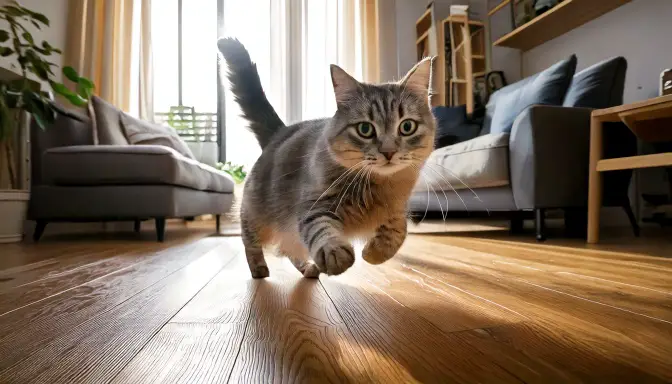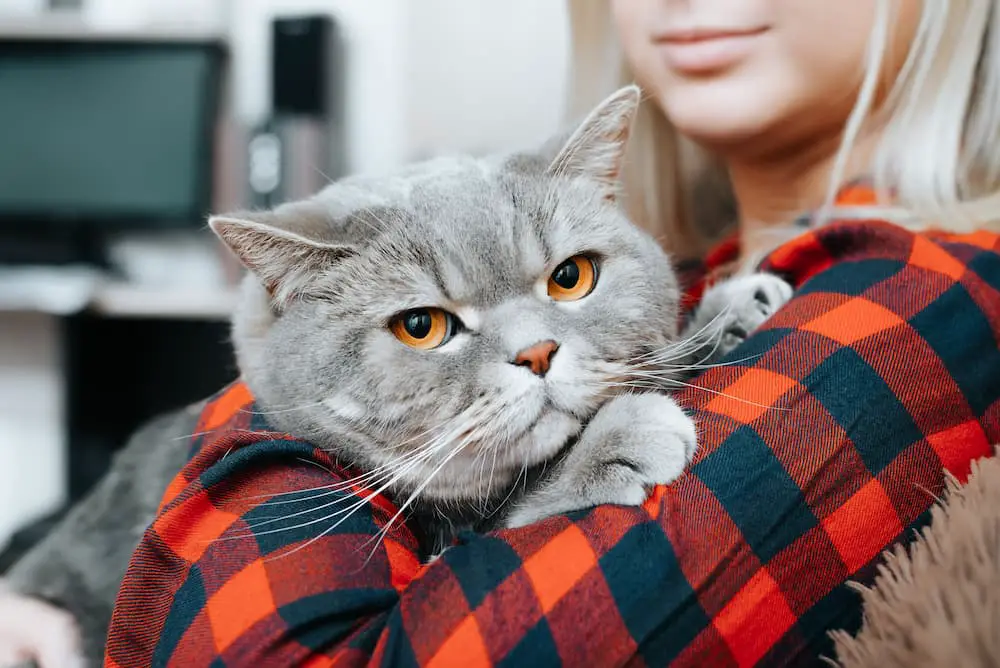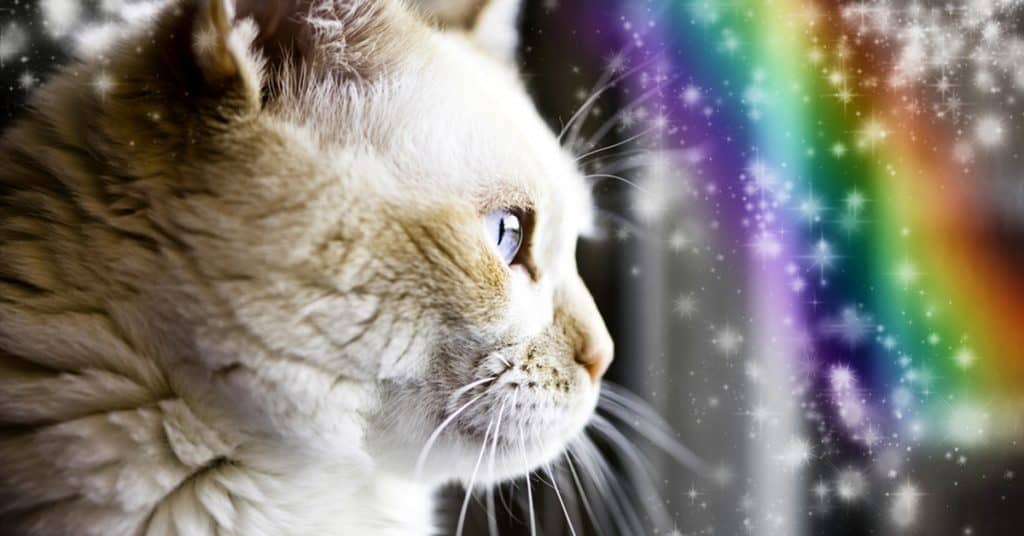by Emma Williams

It’s not uncommon for cats to experience urinary tract problems, especially as they grow into their senior years. Some of these problems will create mild irritations and others can be life-threatening, so it is important that you know about the different cat urinary health issues and how to identify and treat them.
How to prevent urinary health problems
There are a few key ways you can keep your cat’s urinary system healthy and mostly free from serious issues. Here are our top recommendations:
- Ensure adequate hydration. Many urinary health problems are caused by dehydration, so keep plenty of water out for your cat, especially on hot days. Consider a water fountain.
- A balanced and nutritious diet. Eating the right foods can help prevent urinary health issues as well, so ensure your cat is eating a balanced, healthy diet with some soft foods for easier digestion. You can find out more about what that diet looks like here.
- Avoid stress. Did you know that stress can cause urinary problems too? It’s true, and you need to eliminate or minimize stress in your cat’s life as much as possible when she is at risk for urinary health issues.
Blockages cause serious problems
A lot of urinary health problems are caused by some sort of blockage in the urinary tract. A stone or some other urethral obstruction can make it difficult and painful for your cat to urinate. Your cat may show signs of discomfort, hesitancy urinating or not wanting to use her litter box.
According to the cat experts at We’re All About Pets, a blockage can be cleared up by simply changing up your cat’s diet to wet food rather than tough, dry cat food. Also, giving your cat more water can help clear up blockages as well. If the blockage persists you should take your cat to see the vet. You won’t know for sure how much discomfort your cat is feeling until you have a professional assess her, and you want to have the problem dealt with quickly. Your vet may recommend the same advice- that you should up your cat’s diet and ensure she is well hydrated, depending on how severe the problem is.
Signs of urinary problems

Your cat may or may not show outward signs of discomfort and other symptoms of urinary health problems. The symptoms will depend on how severe the problem is and which kind of problem your cat is dealing with. Here are a few of the more common indications of poor urinary health in your cat:
- Hesitation to urinate
- Not using the litter box
- Blood in the urine
- Whining
- Irritability
- Loss of appetite
- Straining during urination
- Licking at privates or belly
Look for these signs, and when they occur you should consider taking your cat to the vet for an expert assessment. The sooner you deal with the urinary health problem, the quicker it can be resolved and the less pain your cat will have to endure. Make no mistake, these kinds of health problems are no fun for your cat, and if you want her to suffer as little as possible, you will pay attention to the warning signs and then get help as soon as you notice them.
When urinary health is life-threatening
Male cats can experience a kind of urinary health issue known as a urethral blockage. This is a serious issue, and it prevents your cat from being able to urinate. We don’t want this to sound dramatic, but if your cat doesn’t get medical attention very soon, it could be fatal. That’s how serious it is. What causes this is not completely understood, but the seriousness of it cannot be overstated. Your cat’s diet and various health issues like scarring and cancer may increase the risk of this condition, but generally, medical treatment is required to resolve the issue.
Final thoughts

You want to take good care of your cat, and if your cat has a poor diet, is suffering from dehydration due to the weather or is simply a senior cat, urinary heath issues become a major risk. You’ll need to pay closer attention to your cat’s needs and watch for the symptoms listed in the blog. Doing this can help you catch a urinary health problem early and ensure the health and longevity of your beloved pet.
About the Author:
Emma is a professional writer and blogger, with two furry friends and a lot of pet behavioral and pet health knowledge to share. She has written for numerous big animal magazines and health sites, and is a regular contributor to The Catington Post.
The Catington Post is reader-supported. That means, if you make a purchase through links on our site, we may earn an affiliate commission. All images and names which are not the property of The Catington Post are the property of their respective owners.






